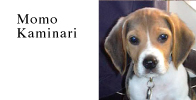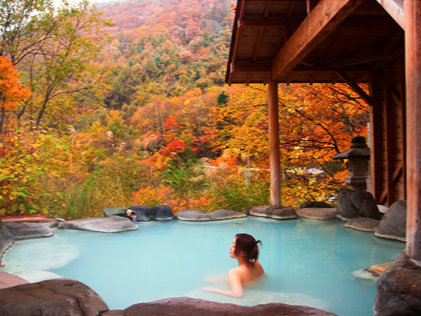
Employees at hot spring inns across the Kanto area are being instructed to make foreign guests’ stays more comfortable by commenting positively on their tattoos. In a move reflecting Japan’s unique omotenashi spirit, industry spokesman Ensho Chikotsu announced that complimenting someone on their tattoos was now de rigueur in the industry.
“Our workers are attending custom-designed English classes to learn to say things such as, ‘Those kanji characters go together so well. A Japanese person would never have thought to combine them, and have them displayed in such large font,’ and, ‘I like your sleeve. How long did it take to complete?’
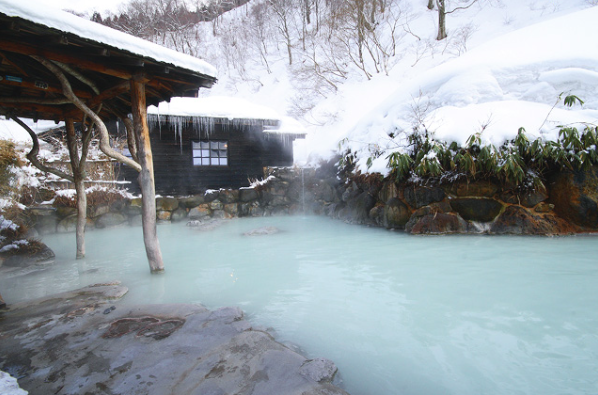
“We are working on the assumption that there are people out there who are crying out for attention and, as long as they are paying guests, we are only too happy to do the job. For far too long tattooed foreigners have come here and been treated in a way not satisfactory to them, before going online and having a big whinge about misunderstandings. I’m prepared to correct this perceived unfairness and then some.”
The new policy is expected to delight female guests with tattoos behind their ears, as well as Australians sporting Southern Cross stars and Irish with their cute little clovers. Chikotsu added that staff were also being trained to spot barbed wire designs and initiate conversations about how Soundgarden and The Offspring never get the credit they deserve.
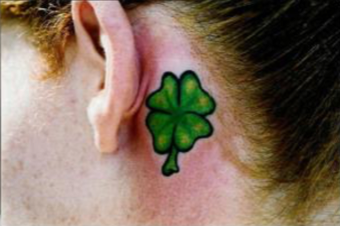
It’s not just people from white trash backgrounds who’ll be able to bathe in the glow of attention, however; over-parochial South Pacific travelers will also be indulged by workers who will behave as though walking around with a face full of tattoos in the 21st century is a completely understandable thing to do.
With the Olympics approaching, a wave of openness and consideration is washing over Tokyo, and Chikotsu wants to make sure that hot springs are surfing that wave. “Gone are the days when it was only the military, sailors, and tough guys with tattoos. Regular people from all walks of life have them these days. Just open your eyes and look around. Even women have them, although not the kind of women that I’d take home and introduce to my mom.”

Already tested in the Kyushu prefecture of Miyazaki, the exciting new policy has received positive feedback from the kind of people who like to document poignant moments of their lives on themselves, which has given Chikotsu and other big players in the industry the confidence that things are moving in the right direction.
Bryan, a 37-year-old Newfoundlander with “Rebecca” tattooed on this inner forearm, was ecstatic. “I was told that my choice to go with katakana was cool, and that Rebecca must be a special woman. Well, she is, but she’s now living with a marketing executive called Blake in Toronto. But, who knows? Maybe I can get her back somehow.”
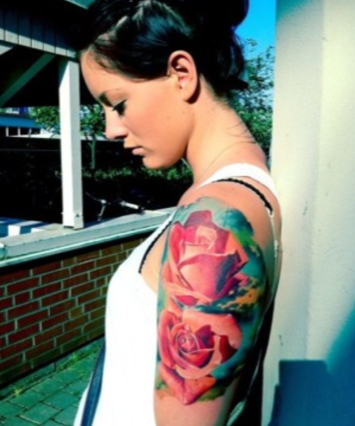
Stephanie, a 28-year-old public servant from Lyon, gave the new policy a big thumbs up. “I was so happy when an employee pointed to my ankle tattoo and said, ‘It’s love.’ I almost cried knowing that I’d made a connection with someone from such a deep and unique culture.
Perhaps the most surprising response, however, was from a 42-year-old neo-Nazi from Dresden. Intimidatingly tattooed Gerhard gushed, “In Japan, people just look at my tattoos, assume that I’m really into Buddhism, and leave me in peace. If I go to Greece, people just want to kick my head in. As such, I feel a great bond with the Japanese people.”



